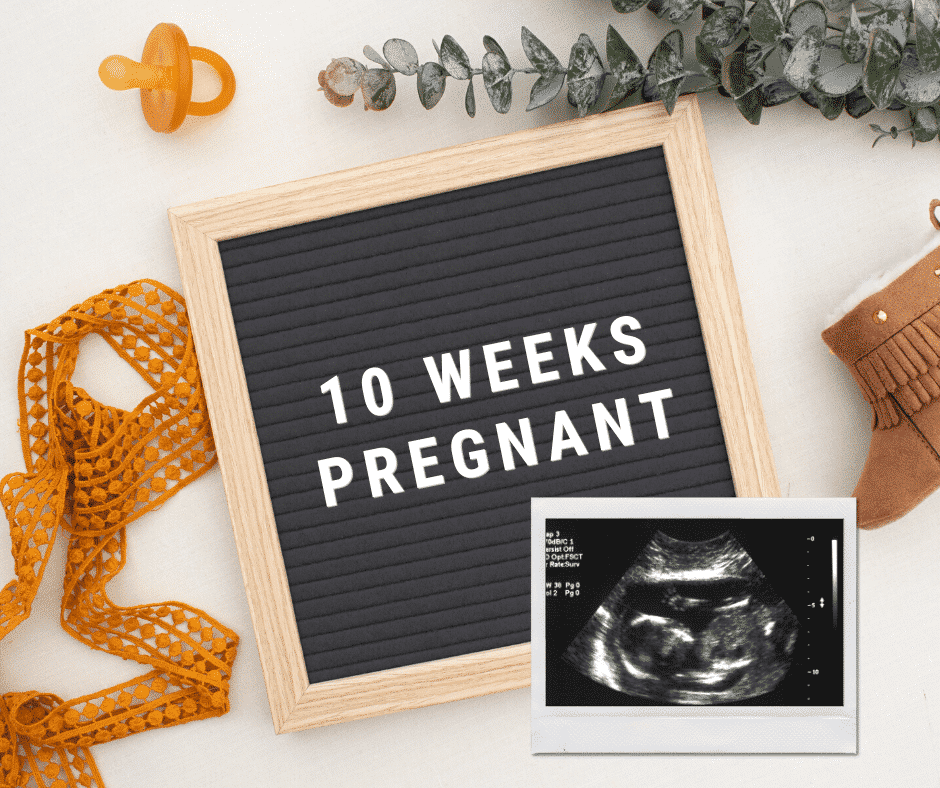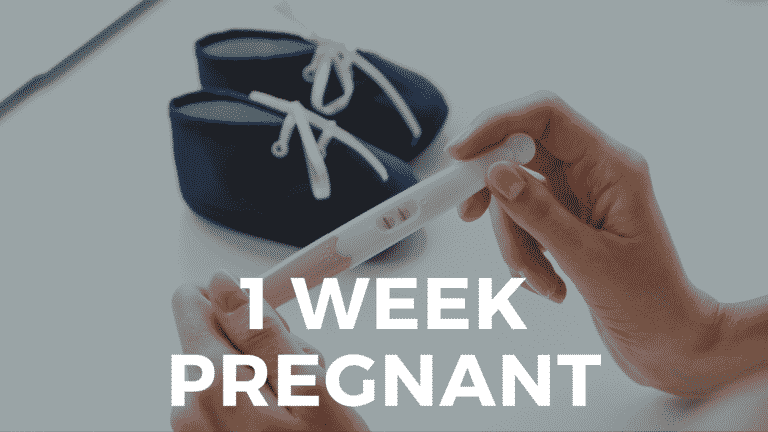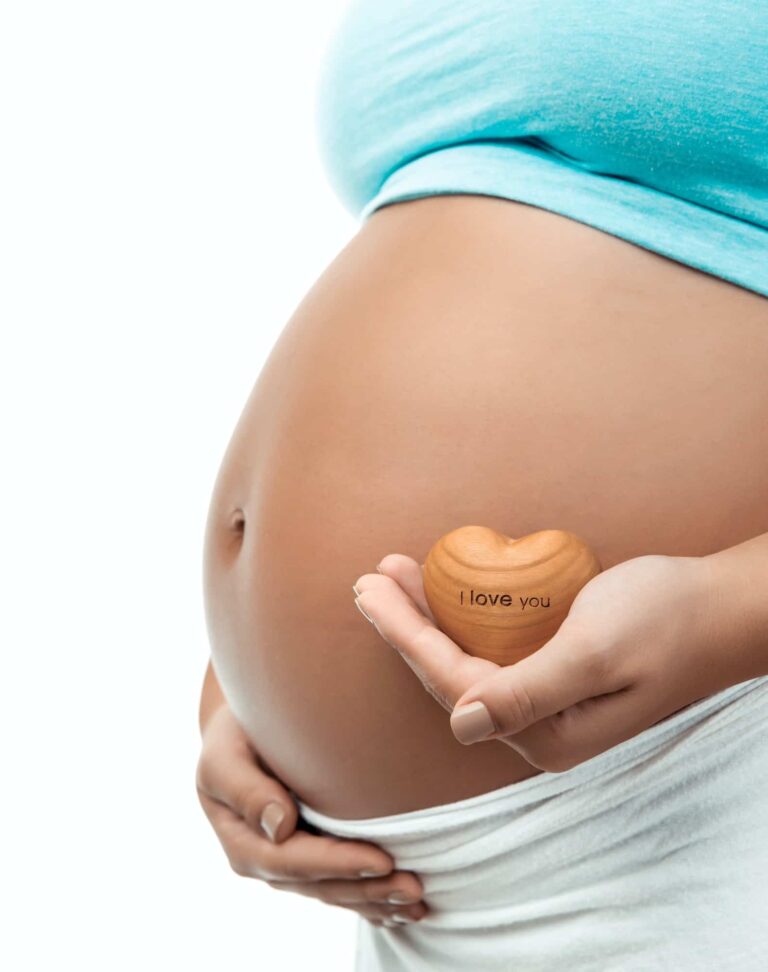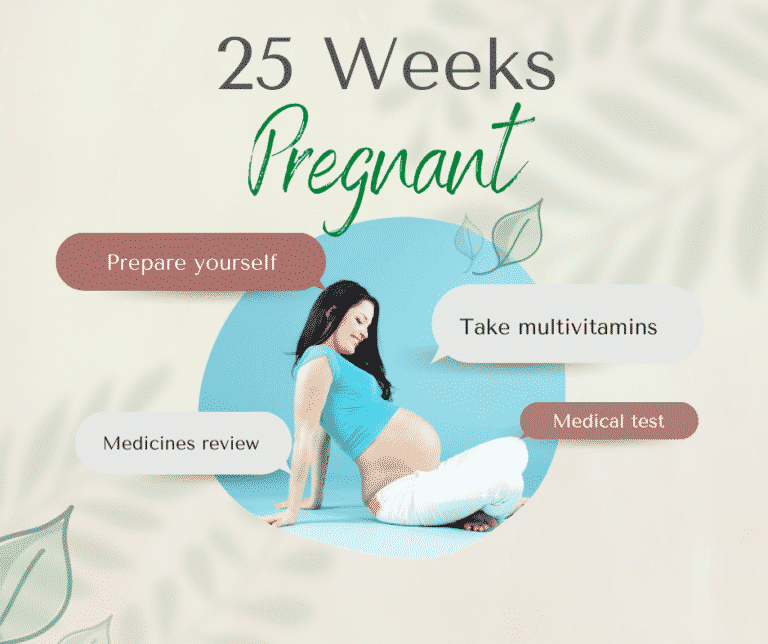10 weeks pregnant: Symptoms, Baby Size, Signs & More
Published on March 21, 2022 – Last Updated on October 18, 2022
Are you 10 weeks pregnant and feeling a bit overwhelmed? Don’t worry, and you’re not alone. Being pregnant is a significant life change, and it can be tough to know what to expect. This is an inspiring time in your life, and there are a lot of changes happening both physically and emotionally. In addition, your body undergoes several significant changes throughout pregnancy in preparation for childbirth and delivery.
But don’t worry, we’re here to help. In this blog post, we’ll take a look at what to expect during the next few weeks of your pregnancy. We’ll also provide some tips for staying healthy and preparing for your baby’s arrival.
Pregnancy symptoms during your 10th week of pregnancy
During the 10th week of pregnancy, you have to expect that your baby’s head is now in proportion with the rest of the body. The major organs and systems are now in place, and the bones are beginning to harden. Your tiny fetus is now growing rapidly and will double in size by the end of the 12th week.
As your baby grows, you may begin to feel more uncomfortable. During pregnancy, some common discomforts include back pain, Braxton Hicks contractions, constipation, and heartburn. If you’re experiencing any of these, be sure to talk to your healthcare provider about ways to find relief. Find when is my due date by using our calculator.
Read more about contractions: contraction timing rule, best app to track contractions & contraction counter app.
Changes in your body and symptoms you may be experiencing.
The first trimester of pregnancy is a time of incredible change for your body. As the pregnancy progresses, you may feel tired more efficiently, and you may start to show earlier than you did with your last pregnancy. You may also be experiencing nausea and vomiting, commonly referred to as morning sickness. While these symptoms can be unpleasant, they signify that your body works hard to support your growing baby.
Other common symptoms in the first trimester include:
- constipation
- heartburn
- bloating
- headache
- swelling of the feet and ankles
- changes in breast size and sensitivity
- urinary frequency or urgency
Constipation
You Feel constipation because pregnancy hormones slow down your intestines and can lead to hard stool, infrequent bowel movements, or even constipation. Here are a few options you can do to help with constipation:
- -Drink plenty of fluids, especially water
- -Eat high-fiber foods such as fruits, vegetables, and whole grains
- -Exercise regularly
Heartburn
Heartburn is a common pregnancy symptom, especially in the second and third trimesters. Heartburn occurs when stomach acid rises into the esophagus, causing a burning sensation in the chest or throat.
Here are some things you may do to help with constipation:
- Eat small, frequent meals
- Avoid trigger foods such as spicy, fatty, or acidic foods
- Don’t lie down immediately after eating
- Prop up your head and shoulders when you sleep
Bloating
Bloating is a common symptom in pregnancy, especially in the first and third trimesters. Bloating occurs when the digestive system slows down, causing the stomach to retain gas. Also, Round ligament pain. Of all of the symptoms you may be experiencing around this time, this one is among the most uncomfortable.
There are a few options you can do to help relieve bloating:
- -Eat small, frequent meals
- – Avoid trigger foods such as spicy, fatty, or acidic foods
- – Drink plenty of fluids
- – Exercise regularly
Headache
Headaches are a common symptom in pregnancy, especially in the first and third trimesters (Slightly Reduce in the Second Trimester). Headaches can be caused by stress, hormones, or changes in blood flow.
There are a few tasks/options you can do to help relieve headaches:
- -Drink plenty of fluids
- -Rest when you can
- -Apply a cold compress to your forehead or temples
- -Avoid trigger foods such as caffeine
Swelling of the feet and ankles
Swelling the feet and ankles is a common symptom in pregnancy, especially in the third trimester. Swelling can be caused by the extra fluid that your body is retaining.
There are several things you can do to help relieve swelling:
- -Drink plenty of fluids
- -Elevate your feet when you sit or sleep
- -Wear supportive shoes
- -Avoid trigger foods such as salty foods
Changes in breast size and sensitivity
Changes in breast size and sensitivity are common symptoms in pregnancy. Your breasts may become swollen and tender to the touch.
There is not much you can do to prevent breast size and sensitivity changes, but you can try to wear comfortable bras. If the pain becomes too severe, talk to your doctor about over-the-counter pain medications.
Urinary frequency or urgency
Urinary frequency or urgency is a common symptom in pregnancy, especially in the second and third trimesters. Urinary frequency can be caused by the extra fluid that your body retains.
There are several things you can do to help relieve urinary frequency:
- -Drink plenty of fluids
- -Avoid caffeine and alcohol
- -Empty your bladder frequently
- -Exercise regularly
Being pregnant is a significant life change, and it can be tough to know what to expect. This is a unique period in your life, and you’re experiencing both physical and emotional changes. As your body prepares for labor and delivery, it goes through some incredible changes. Keep pushing; this journey has just begun!
Baby’s development at pregnancy week 10
About the size – First trimester
According to Your Pregnancy Calendar, it is 10 weeks & Your kid is growing at a fantastic rate! The average fetus reaches an inch in diameter from its crown to its rump during the 10th month. Look at this picture to see how your tummy develops during the first trimester.
During week 10, pregnant, Your baby is about the size of a grape. The average fetus at ten weeks pregnant is about 1.2 inches long and weighs less than one ounce. At this point, your baby’s brain is growing rapidly, and their heart is beginning to beat more rapidly as well. Your baby’s limbs are also beginning to grow, and they will start to develop fingerprints this week. You may not be able to feel your baby move yet, but they are moving around a lot! If you could see inside your womb, you would see that your baby is floating and somersaulting in amniotic fluid. They are also swallowing small amounts of this fluid and passing. The heart is fully developed and beating two to three times faster than yours to get all that blood to flow.
10 Weeks Belly
Women who are 10 weeks pregnant often have a noticeable baby bump. This is because the uterus has grown, and the baby is beginning to push against the stomach walls. Although some women feel self-conscious about their changing body, 10 weeks is an exciting time of pregnancy. The baby is now the size of a grapefruit and is beginning to develop features such as fingers and toes. The eyes and ears are also starting to take shape.
At this stage in development, the baby is extremely vulnerable. This is why it’s so crucial for pregnant women to take care of themselves and get plenty of rest. By 10 weeks, most women have already had their first antenatal appointments. This is when they will receive important information about their pregnancy, including how to stay healthy and what to expect in the weeks ahead.
How to take care of yourself during this stage of pregnancy
Moms to be care of themself During the Pregnancy Periods, Here we have researched some tips for safe pregnancy:
Don’t lie down immediately after eating.
If You are 10 weeks pregnant, Wait at least two hours after a meal before lying down. This will help reduce the risk of heartburn and indigestion.
Prop up your head and shoulders when you sleep.
This will help reduce the risk of snoring and sleep apnea.
Drink plenty of fluids.
This will help flush out garbage/toxins and keep your skin hydrated. It also reduces your morning Sickness.
Exercise regularly.
This will help improve your circulation and reduce the risk of varicose veins. It also reduces the chances of Your mood swings.
Wear comfortable shoes.
This will help reduce the risk of foot pain and swelling.
AvoidTrigger Foods.
This will help reduce the risk of heartburn, indigestion, and vaginal discharge.
Empty your bladder frequently.
This will help reduce the risk of urinary tract infections (Also Sometimes vaginal discharge). That’s the beginning of the second trimester, when most of your first trimester symptoms will start to lessen. This helps you to move into the second trimester quickly.
Rest when you can.
This will help reduce fatigue and improve your energy levels.
Tips for Partners
Your wife is passing through pregnancy, and as a partner, you must take care of your pregnant wife. Therefore, it would be best if you had to do the following things:
Be supportive.
Your wife is going through many changes, both physically and emotionally. Be there for her when she needs you. For example, maybe she has a baby bump at 10 weeks pregnant. So you have to be supportive at that time.
Listen to her concerns.
Pregnancy can be a stressful time, and your wife may have a lot of concerns. Listen to her and try to help relieve her anxiety.
Help with household tasks.
Pregnancy can be tough on a woman’s energy levels. Ask your wife if there is anything you can do to help out around the house.
Take him to the parks.
Exercise is essential for pregnant women, but your wife may not do strenuous exercise. Take your husband to the park so he can get some exercise and fresh air.
Be aware of her early pregnancy symptoms.
Many of the early pregnancy symptoms of pregnancy can also be symptoms of other conditions. So be aware of your wife’s symptoms and help her get the care she needs.
Prenatal Visit
Your first prenatal visit is an essential milestone in your pregnancy. This is when your health care provider will perform a physical exam and take your medical history of genetic disorders at the doctor’s office. They will also order some tests, such as blood tests and ultrasound. Be sure to ask any questions you have about your pregnancy!
Also, keep in mind that healthcare professionals used to recommend expectant parents not to spread the news until completing their first trimester.
10 weeks pregnant ultrasound
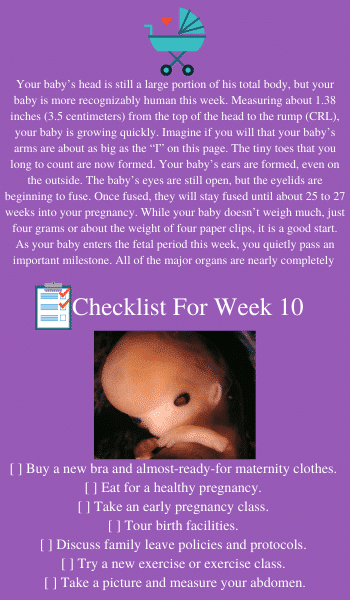
Make sure to check out our pregnancy stages week by week post where you can find great information for each stage of pregnancy based on weeks.
At 10 weeks pregnant, you will likely have your first ultrasound. This is an exciting time as you will get to see your baby for the first time! Your health care provider will look for the baby’s heartbeat and measure its size.
The first stage begins with the fetus’ brain, heart, lungs, and limbs. We develop fetuses’ organs when they are in the womb. When newborns are born, their arm joints and cartilage are in excellent shape. It may also reveal your baby’s sex.
The fingernails are part of a baby’s growth. Is it conceivable that the infant practiced swallowing and pushing on his stomach during his ten-pregnancy week? Genetic testing at 10 weeks is critical.
FAQs
How do I know my pregnancy is going well at 10 weeks?
If you have had an ultrasound and seen your baby’s heartbeat, then your pregnancy is going well. Your health care provider will also check your increased blood supply
and urine at your prenatal visits to make sure you are healthy.
How is your stomach feeling right now at the tenth week of pregnancy?
Some women feel nauseous and have a hard time eating at 10 weeks pregnant. Others have no symptoms at all. If you feel sick, try eating small meals throughout the day and avoid trigger foods.
Can you tell the gender at 10 weeks?
At 10 weeks pregnant, it is too early to tell the gender of your baby. Therefore, the ultrasound will only be able to give you a ballpark estimate. You will likely have another ultrasound at 20 weeks to get a more accurate prediction.
What should I eat at 10 weeks pregnant?
It would be best to try to eat healthy, balanced meals at 10 weeks pregnant. It would be great if you also had to drink plenty of water and avoid caffeine and alcohol. Also, try to limit your sugar intake and avoid processed foods.
Can I take a bath at 10 weeks pregnant?
Yes, you can take a bath at 10 weeks pregnant. Place the lid on the container, and you’re good to go. Just check that the water isn’t too hot and that you don’t soak for too long. It is also essential to avoid using any products harmful to your pregnancy.
Note: No One can Understand your condition better than you and your doctor; this content is for informational purposes only and does not constitute medical advice. Consult your doctor before initiating or changing any pregnancy therapy.
Other Pregnancy Weeks:
- 1 Week Pregnant
- 2 Weeks Pregnant
- 3 Weeks Pregnant
- 4 Weeks Pregnant
- 5 Weeks Pregnant
- 6 Weeks Pregnant
- 7 Weeks Pregnant
- 8 Weeks Pregnant
- 9 Weeks Pregnant
- 11 Weeks Pregnant
- 12 Weeks Pregnant
- 13 Weeks Pregnant
- 14 Weeks Pregnant
- 15 Weeks Pregnant
- 16 Weeks Pregnant
- 17 Weeks Pregnant
- 18 Weeks Pregnant
- 19 Weeks Pregnant
- 20 Weeks Pregnant
- 21 Weeks Pregnant
- 22 Weeks Pregnant
- 23 Weeks Pregnant
- 24 Weeks Pregnant
- 25 Weeks Pregnant
- 26 Weeks Pregnant
- 27 Weeks Pregnant
- 28 Weeks Pregnant
- 29 Weeks Pregnant
- 30 Weeks Pregnant
- 31 Weeks Pregnant
- 32 Weeks Pregnant
- 33 Weeks Pregnant
- 34 Weeks Pregnant
- 35 Weeks Pregnant
- 36 Weeks Pregnant
- 37 Weeks Pregnant
- 38 Weeks Pregnant
- 39 Weeks Pregnant
- 40 Weeks Pregnant
- Birth Plan
- Baby Due Date Calculator
- EDD Calculation
- how many weeks pregnant I am

